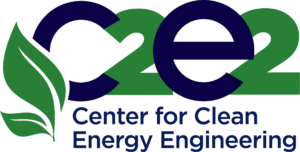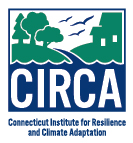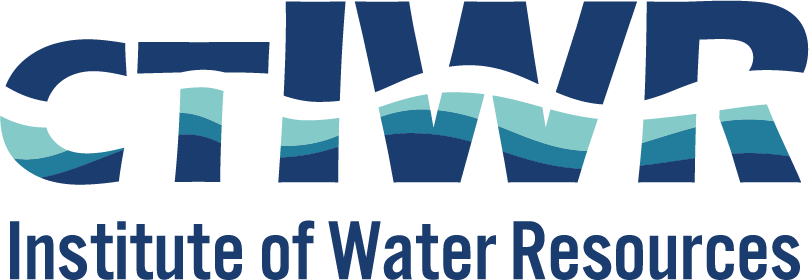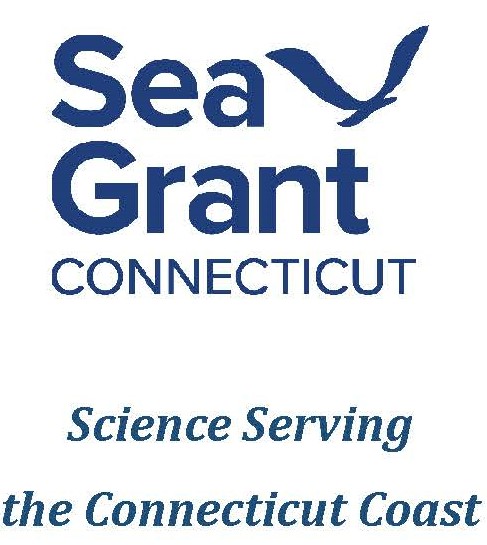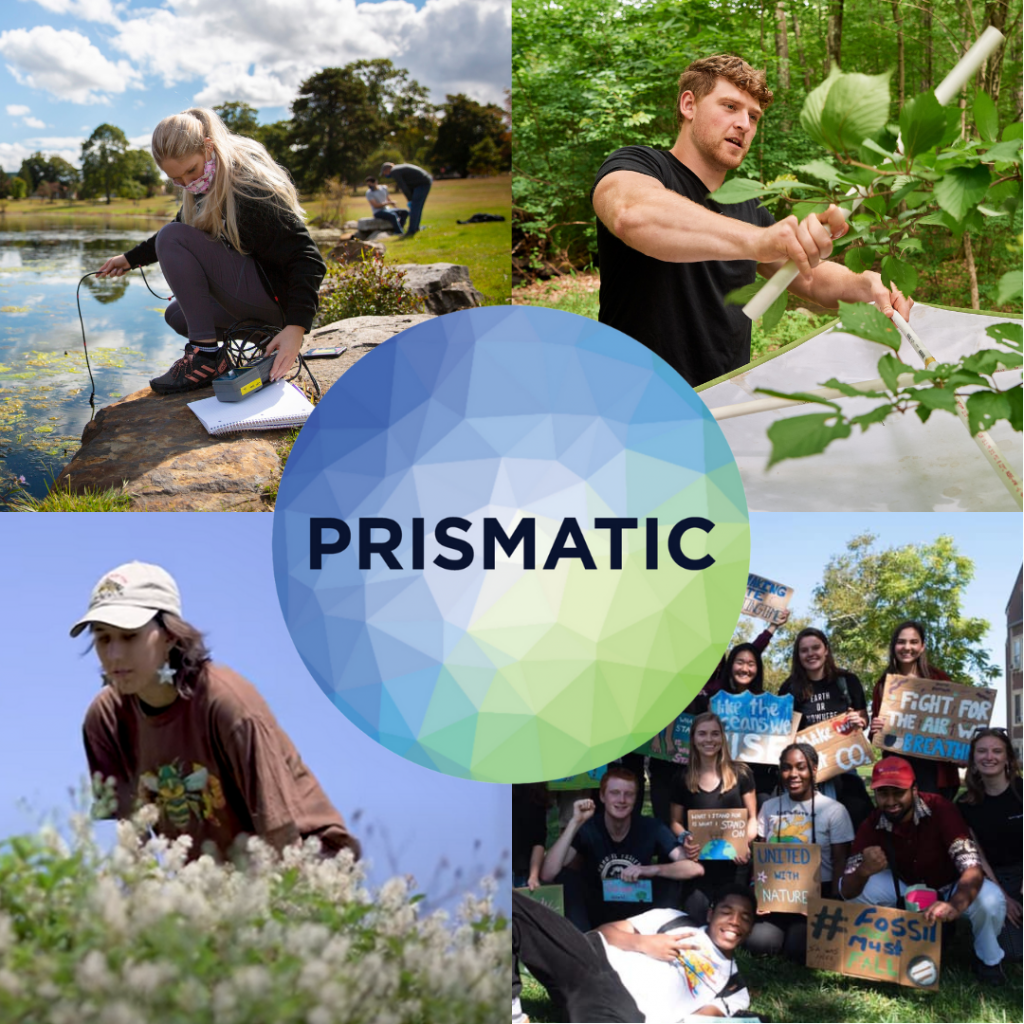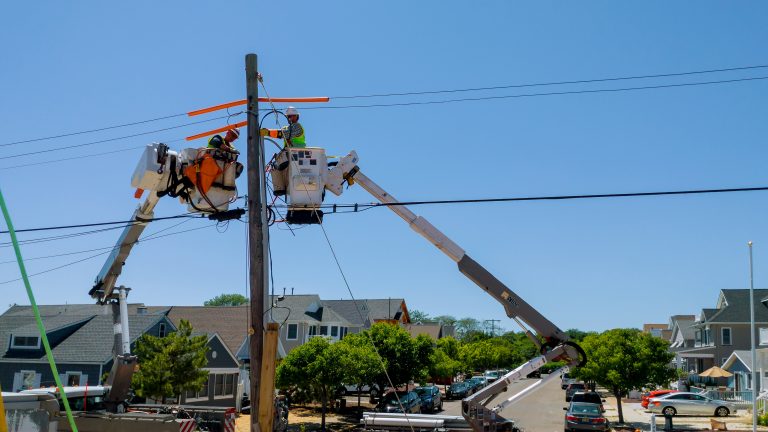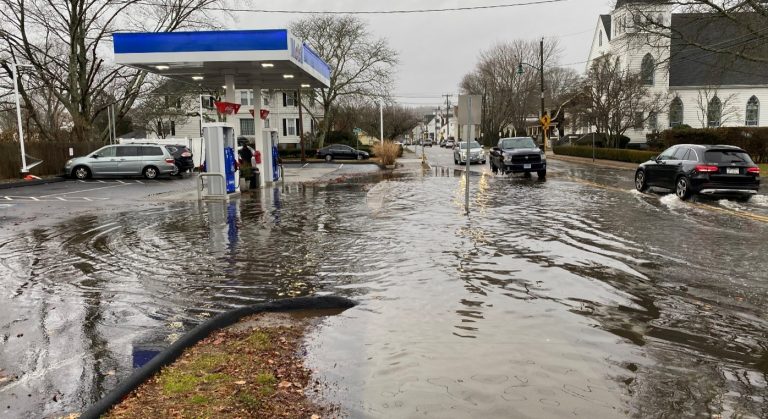-

UConn research gives insights into regional weather differences that complicate grid resilience
-

Despite common assumptions, seaweed farms really shine at removing and storing CO2
-

American pikas are mountain-dwelling canaries in the coalmine for climate change
-

Funded by a $500,000 NSF grant, the two-year initiative spearheaded by researchers at UConn-based Connecticut Institute for Resilience and Climate Adaptation (CIRCA) will ensure coastal communities have access to the expertise and tools needed to develop and implement strategies and policies that make them more resilient to the effects of extreme weather and climate change

